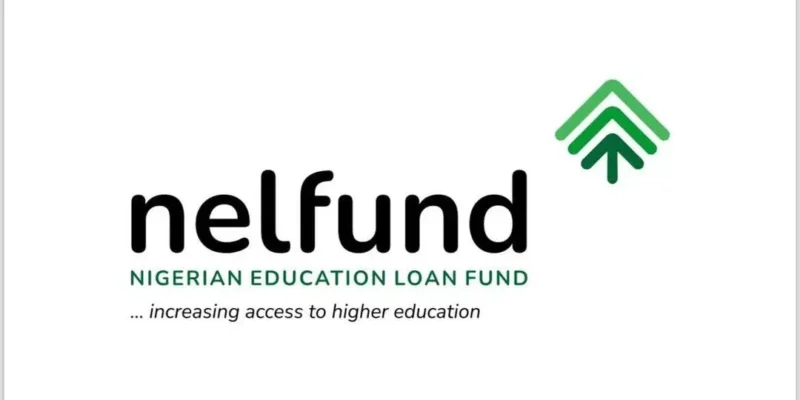
The Nigerian Education Loan Fund (NELFUND) has disclosed that over 515,000 students have officially applied for its student loan scheme, with an additional 570,000 registrations recorded on the portal, and an average of 1,800 new applications submitted daily.
Managing Director and Chief Executive Officer of NELFUND, Akintunde Sawyerr, made this known on Tuesday in Abuja during the Stakeholders’ Engagement Session and Technical Workshop on NELFUND System Automation & Loan Application Processes.
Sawyerr noted that the workshop was necessary to address challenges observed in the loan application process and to fine-tune the system for improved access and accountability.
“We’re not only providing financing; we’re building a technology-driven system that makes it easier for students to apply, institutions to verify, and funds to be disbursed with speed, fairness, and accountability,” he said.
He emphasized that the fund’s mission extends beyond disbursing loans—it is about democratizing access to education for every Nigerian youth, regardless of background, location, or course of study.
Sawyerr lamented that many students, especially in technical and vocational institutions, face steep financial hurdles, often leading to dropouts or lack of enrollment. The NELFUND initiative, he said, aims to bridge this gap in collaboration with stakeholders from both the public and private sectors.
Addressing concerns about the application process, Sawyerr explained that while the system is designed to be easy and accessible, the fund also upholds strict due diligence to ensure proper use of government resources.
“Yes, we want to process applications quickly, but we are also managing public funds. Due checks are essential to prevent errors and abuse,” he stated.
He clarified that any student admitted through the Joint Admissions and Matriculation Board (JAMB) is eligible to apply, but must make thoughtful decisions about their academic and career paths before taking the loan.
As of the latest figures, over 515,000 students have completed their loan applications, while 570,000 have registered on the platform. The fund continues to receive an average of 1,800 applications daily, reflecting growing awareness and participation in the scheme.
“This is a shared mission. Government, institutions, and the private sector must work together to ensure that every Nigerian youth has a fair chance at quality education,” Sawyerr concluded.

Comments